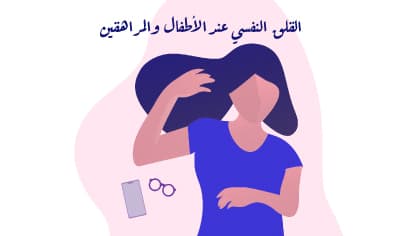What is Psychological Anxiety in Children?
Psychological anxiety in children is a common psychological disorder that affects children of all ages. It is characterized by excessive anxiety and stress about everyday events or situations. Anxiety can affect a child's ability to learn, play, and interact with others.
Is this program suitable for me?
Symptoms of psychological anxiety in children include:
Feeling anxious and overly stressed.
Difficulty concentrating.
Excessive fatigue.
Difficulty sleeping.
Physical pain.
Social withdrawal.
Aggressiveness.
If you think you are facing such challenges, this program can help you improve your child's stability.
